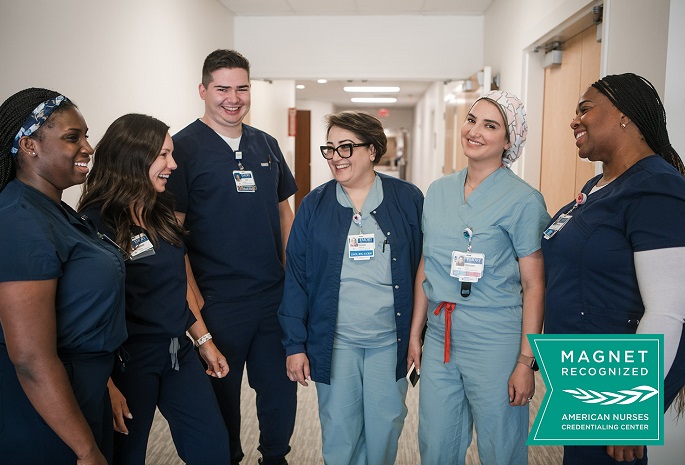Seventeen people lose their lives each day while waiting for an organ transplant.
However, a groundbreaking shift in transplant technology is expanding possibilities and saving more lives.
Heart disease is the lead causing of death in the United States, but historically waiting on a heart transplant can take time patients do not have. The way a person dies affects which organs and tissues can be donated. Until recently, there were restrictions around organ donations that made heart donations especially challenging. With previous restrictions, an organ donor had to experience brain death, or the permanent and irreversible loss of all brain function.
Now, heart donations are possible after the donor has experienced cardiac death—meaning their circulatory and respiratory functions have stopped.
Donation after cardiac death (DCD) helps ease the critical shortage of hearts and other organs in the United States. Thanks to emerging technology in recent years, DCD is becoming a new frontier for heart transplantation.
As of September 2024, more than 103,000 adults and children in the U.S. are waiting for an organ transplant. While more than 46,000 transplants were performed in 2023, the need for organs far outweighs the supply.
DCD opens the door for more lifesaving transplants. It allows for more organ donations after the heart stops beating, increasing the number of available organs. This approach also gives patients the chance to receive healthier organs and a fresh start in life.
Emory Healthcare is at the forefront of heart transplant surgery and lifesaving technology. We’re a national leader in heart transplantation and home to Georgia’s first and largest heart transplant program.
Working with partners like LifeLink of Georgia, we’re the eighth-largest DCD organ program in the country. As the first and only transplant center in Georgia to transplant DCD hearts and lungs, we offer more hope to patients and their families.




